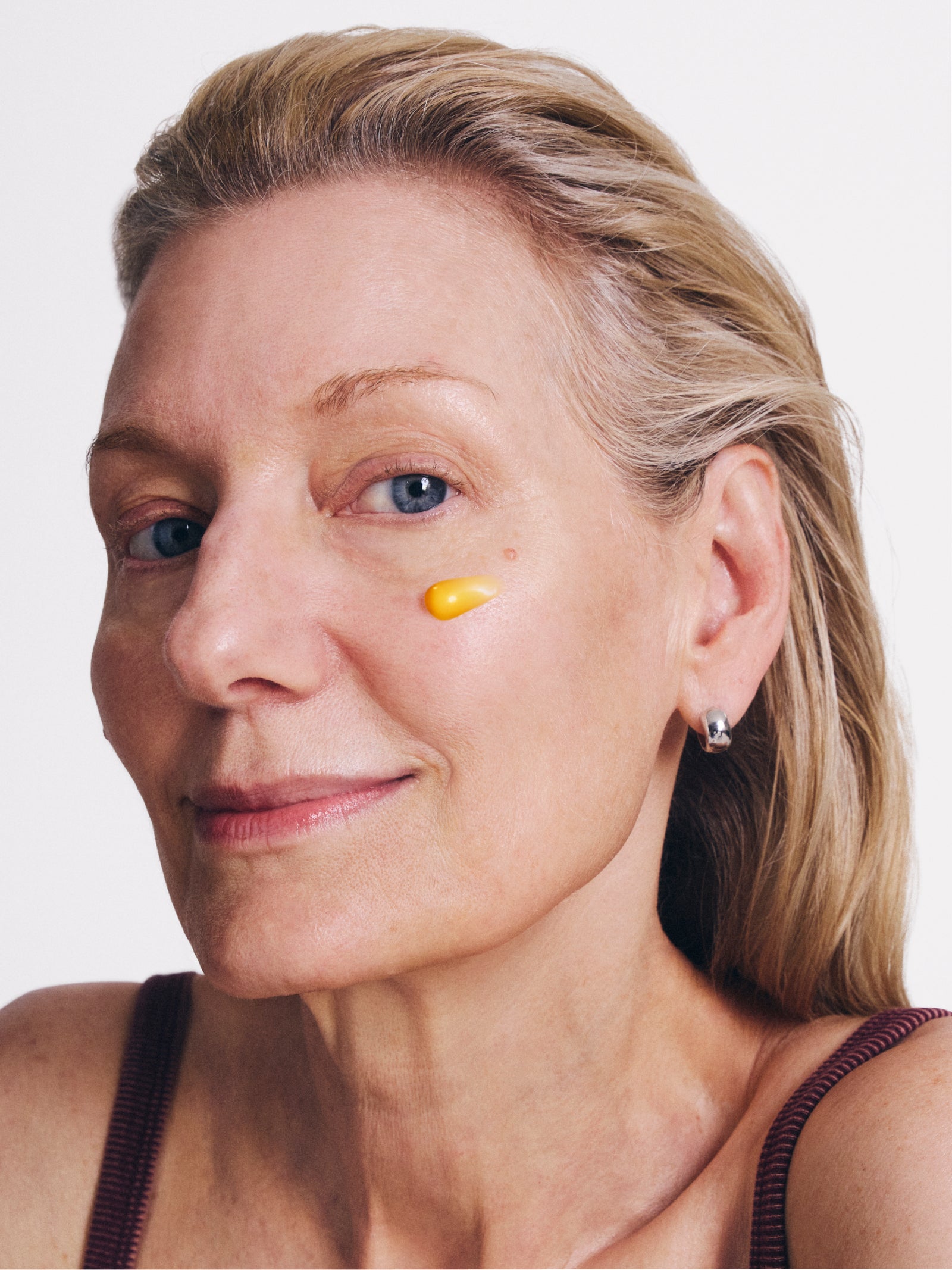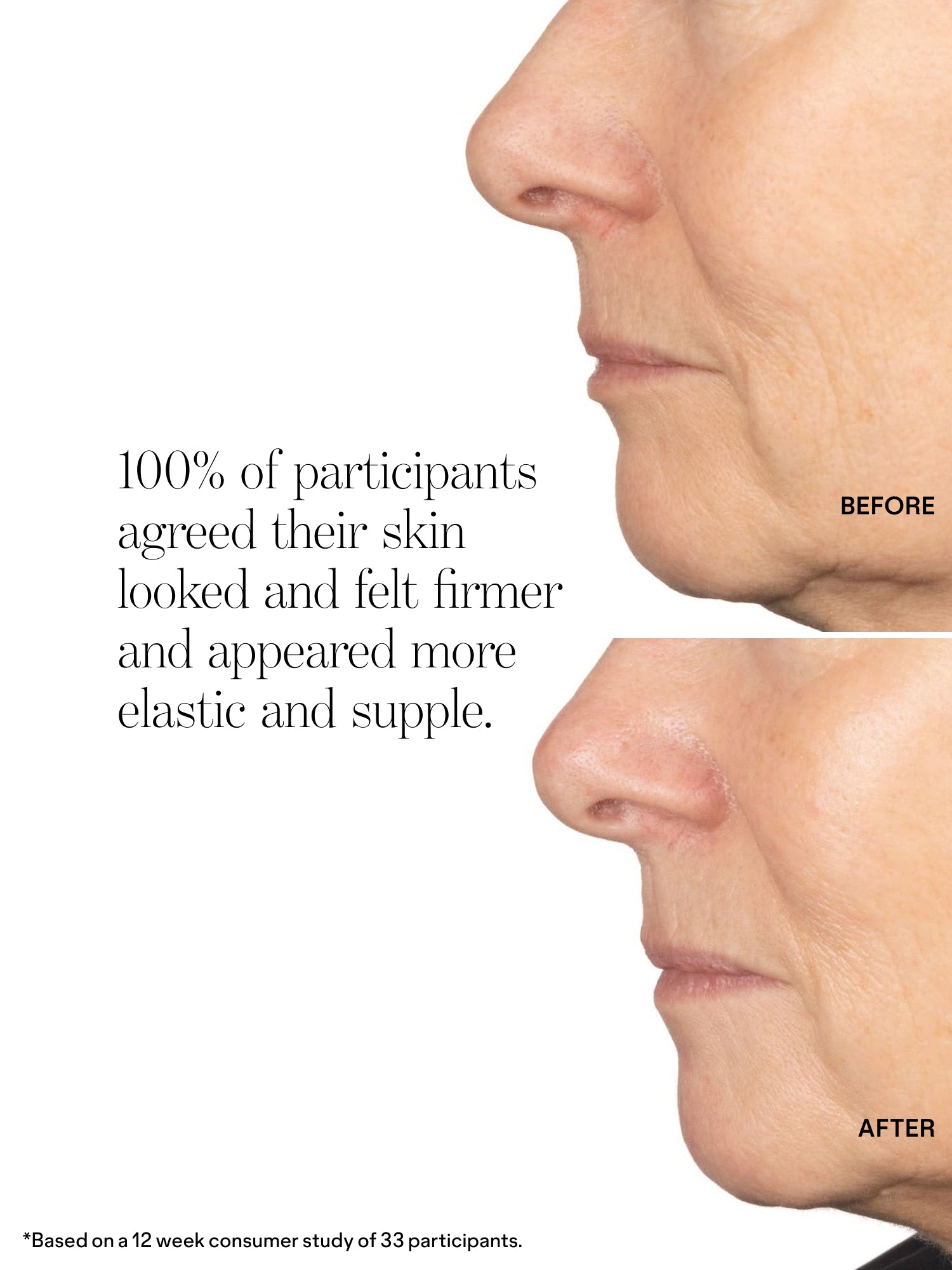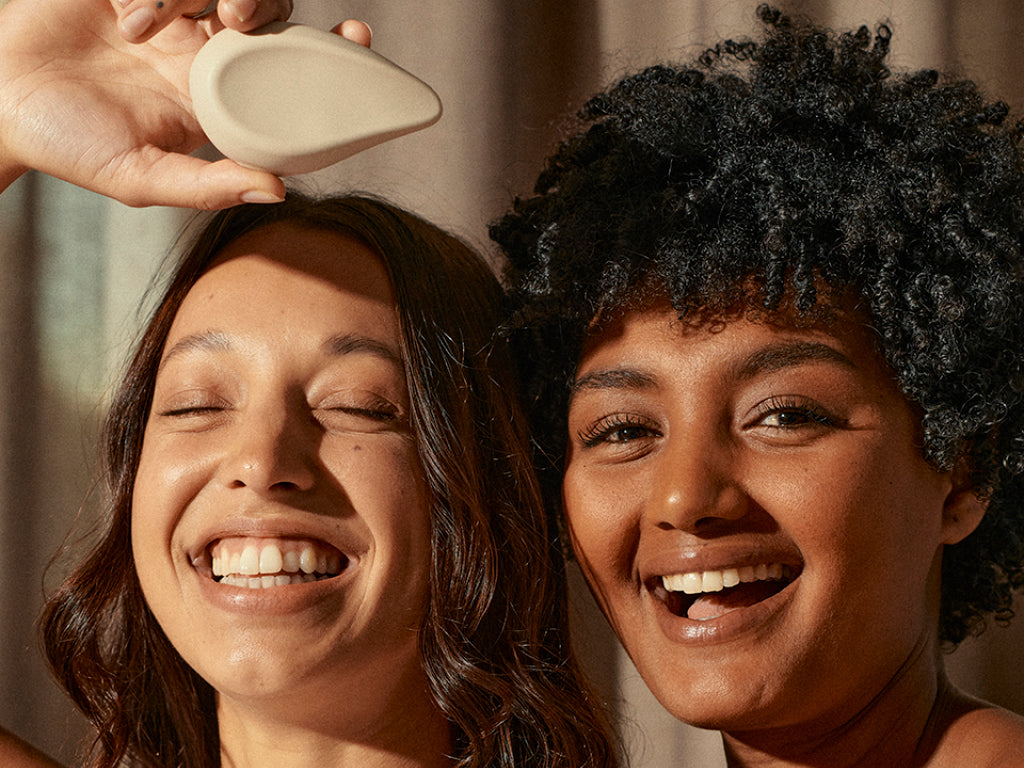In the spirit of Valentine’s Day we thought we’d bring a touch of romance to Go-To, but not the flowery, chocolatey kind (though welcome) more the sensual kind. We wanted to know whether regular sex really can positively influence the health of your skin, or if that glow is simply because we’re in a good mood after gettin' down…
We threw a couple of questions at our new mate and personal relationship therapist all rolled into one, Meg Callander, Sexologist and Sex Educator at LBDO. Here’s what she had to say about our behaviour, or lack thereof, between the sheets and how it does in fact reap a tonne of beauty benefits.
Most people wouldn’t consider linking their sex life with their skincare routine, but that post ‘o’ glow is real, right?
When we move from a state of sexual excitement to orgasm, our breathing, heart rate, and blood pressure increase. As these systems work harder, our circulation sends oxygen and nutrient-rich blood to the skin’s surface, where it nourishes and detoxifies skin cells. As things heat up, body temperature rises and we sweat to release heat through the skin. While sweating might not always feel sexy, it clears and moisturises the skin, leaving it bright and dewy.
Women who are sexually active (including masturbation) tend to have higher levels of estrogen, what does this mean for our skin in between having sex?
Women with higher estrogen levels may feel more youthful and radiant compared to women with lower levels. Estrogens promote plump, supple, and juicy skin because Estradiol (the most common estrogen hormone in women) stimulates collagen and elastin production. These proteins maintain skin elasticity, thickness and hydration, preventing skin dryness and thinning. Estrogen can also accelerate wound-healing, helping skin recover from blemishes faster.
We know that stress is a common cause of breakouts, can sex fix this too?
An orgasm can trigger the release of mood-boosting endorphins and hormones, which disarm the body’s fight or flight response and reinstate relaxation. No orgasm? No worries. Even just the physical closeness and affection experienced with partners during sex can trigger oxytocin (love hormone), which reduces cortisol in the body. The high quantities of oxytocin and serotonin (happy hormone) released after an orgasm also induce drowsiness and better sleep, helping the body repair and replenish tired skin cells overnight.
Based on these brilliant insights, how often should we think about sex with ourselves and/or partner?
There’s no magic number when it comes to sexual frequency. Feeling obliged to have sex to tick a box just increases stress and makes sex feel like a chore. It’s normal for libido to fluctuate, especially if life is busy or stressful. So if you want to have more sex, it needs to be prioritised - don’t rely on spontaneity alone! Make sure you have enough time each week for relaxation and pleasure too, we’re more open to sex when rested and happy too.
For those whose sex life has fallen to the wayside, what are your top three tips for initiating foreplay and ensuring more regular orgasms?
- Problem solve. Be curious about what’s getting in the way of your sex-life, then make a practical plan to overcome the barriers. Journal or communicate with partner/s to clarify the problem, then get creative - try new routines or start negotiating or compromising. If we don’t tackle this step, sex will continue to feel out of reach.
- Manage your stress. Nothing decreases desire and arousal like stress. It reduces our sexual interest and literally blocks sexual pleasure! Take care of your nervous system by including more stress-relieving activities in your day. Exercise, laughter, a long hug, deep breathing and rest all work wonders to reduce stress.
- Increase pleasure. The better sex feels, the more we look forward to it and the more we orgasm. Ask yourself: Are you putting enough time and effort into sexual pleasure? Try allowing more time to relax and actually get horny for sex. Incorporating lube, sextoys, erotic fiction/audio/gif animations, and increasing touch, movement, and sound during sex can help increase sexual pleasure.
Meg is a Melbourne-based sexologist, sexological bodyworker and sex educator. She loves normalising sex by facilitating open, positive and judgement-free conversations about sexuality in the clinic and beyond. She believes everyone deserves to explore, express and enjoy their sexuality at every stage of life.
















Comments